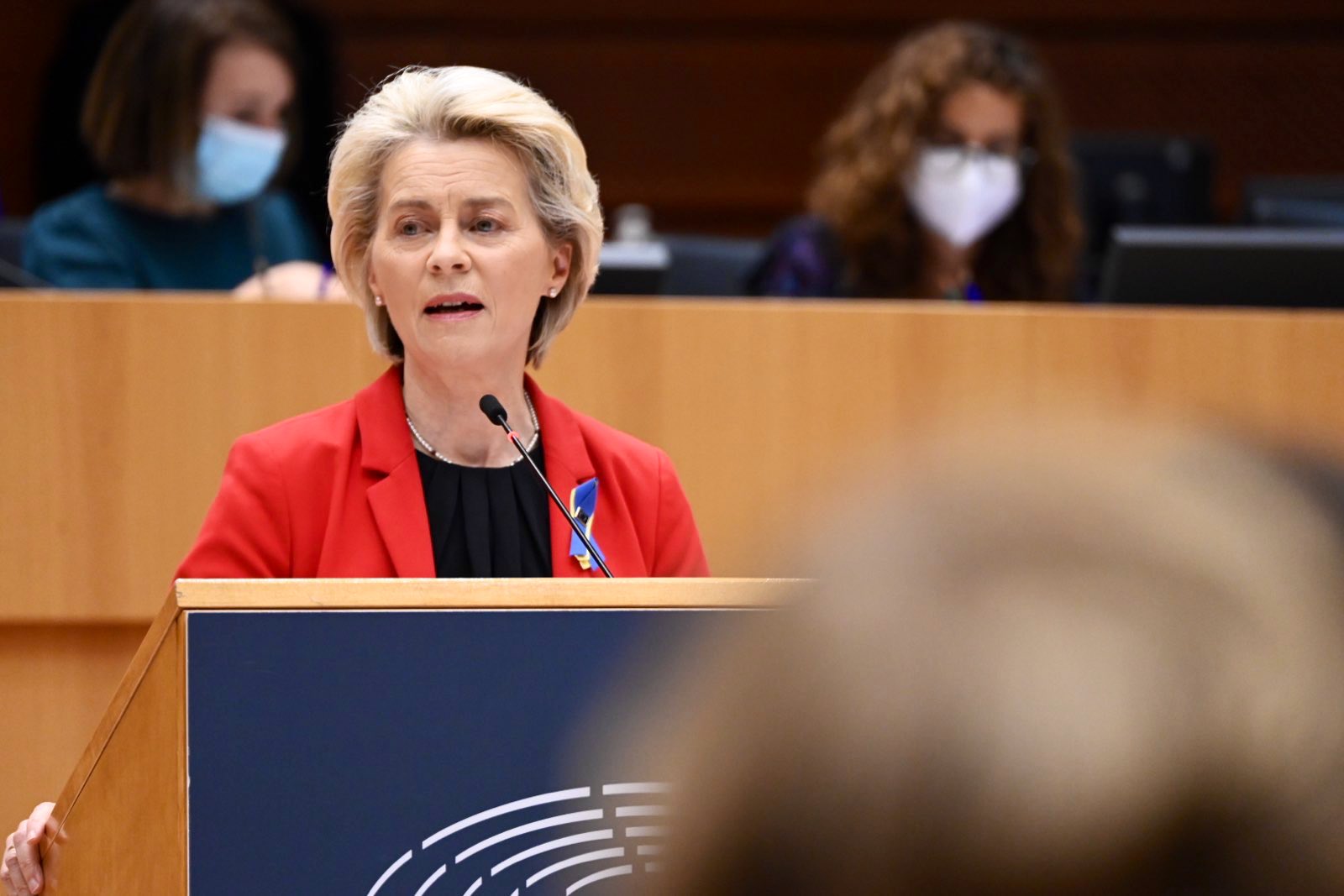Is the EU agreement on gas consumption effective? Round dance of experts

The countries of the European Union have reached an agreement to reduce gas consumption by 15 percent from August to March. Here are expert opinions and analysis
On Tuesday, EU member countries reached an agreement to reduce natural gas consumption by 15 percent from the beginning of August until the end of March 2023. Rationing – on a voluntary basis, but could become mandatory – serves the purpose to strengthen the block's energy security, given the reduction in Russian supplies: Nord Stream 1, the most important gas pipeline between Europe and Russia, operates at just 20 per cent of its capacity. In essence, the states of the Union will save gas in order to guarantee sufficient quantities to survive the next winter.
THE OPINION OF TABARELLI (NOMISM)
Interviewed by Formiche , Davide Tabarelli – professor of economics at the University of Bologna and president of the energy research company Nomisma Energia – defined the agreement as "surreal", "pure madness". “To begin with,” he said, “it's all on a voluntary basis, in the sense that member countries are invited to cut consumption, adhering to the same agreement. And then 15% seems a little bit to me. But above all, another nonsense, I would like to understand if and when the countries themselves will implement this invitation. Look, governments are afraid of people's anger, it's not that easy ”.
The economist invites yes to "ration, but seriously".
– Read also: Why we can't not ration gas. Tabarelli's analysis (Nomisma)
THE ANALYSIS OF STONES ( ENERGY )
In Rivista Energia , analyst Francesco Sassi wrote that the European gas rationing agreement is based on a "'voluntary reduction' and […] accepts 'exemptions and the possibility of requesting derogations' which reflect the particular situations of individual countries . According to Minister Cingolani himself, through the exceptions, demand cuts of around 7% for our country would be achieved, but likely applicable to several other member states ”.
"In fact, if this were the case", explains Sassi, "the objectives of SGSW [Save Gas for a Safe Winter: this is the name of the agreement, ed ] would have been achieved without the same process but through the direct effects of the market: that is limited supply and high prices to affect both domestic and industrial consumption ".
The analyst then points out that gas saving has become, for Brussels, a “priority […] that excels over all the other objectives advanced by the Commission, including that of the energy transition”. The rationing plan, that is, establishes the primary need for fossil fuels (and nuclear power) in this moment of energy crisis, "yet another proof that, despite the proclamations, renewable sources have only a relative value in the strategy adopted by Brussels to discard dependence on Russian fossil fuels ".
GIRALDO'S OPINION
On Startmag Sergio Giraldo – Head of Risk Management and Energy Market Compliance of Utilità – highlighted the many exceptions to the European agreement for gas rationing, which undermine its effectiveness. For example, there are exceptions "for countries not connected with gas infrastructures and for those that have electricity grids that are not synchronized with the European electricity system", but also for those that "have limited interconnections with other member states and can demonstrate that their capacity or their national LNG infrastructures are used to better redirect gas to other member states ”(Spain, first and foremost).
In addition, those member countries that "have exceeded their gas storage filling targets", those that are "very dependent on gas as a raw material for industries" and those whose gas consumption "has increased, can also apply for an exemption. of at least 8% in the last year compared to the average of the last five years ".
This is a machine translation from Italian language of a post published on Start Magazine at the URL https://www.startmag.it/energia/ue-accordo-riduzione-consumo-gas-opinioni-esperti/ on Sun, 31 Jul 2022 05:26:50 +0000.
